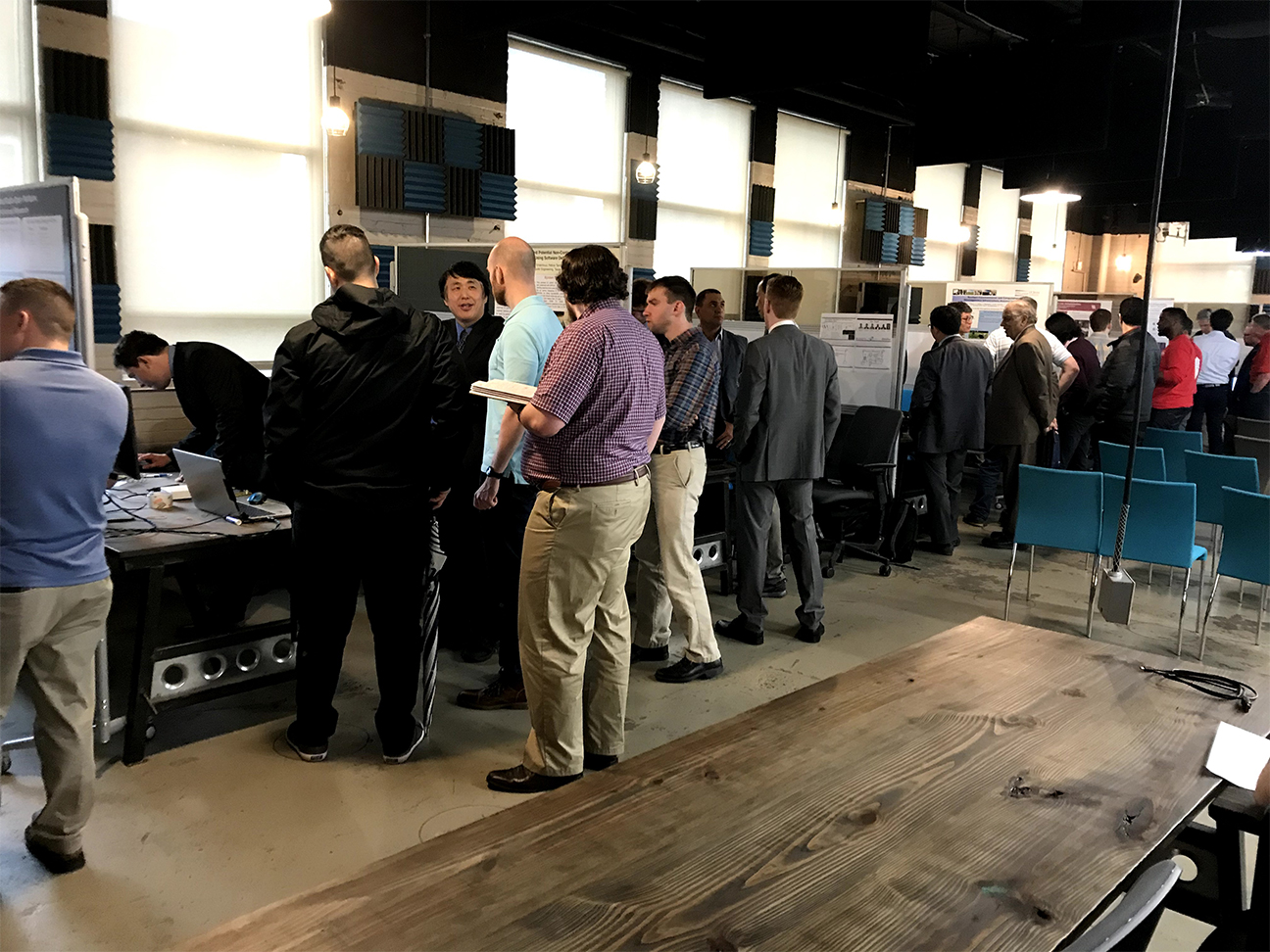WRIGHT-PATTERSON AIR FORCE BASE, Ohio – The AFRL Sensors Directorate partnered with the Wright Brothers Institute (WBI) to host the Beyond 5G University Challenge virtually for the 2019-2020 school year.
This challenge is a competition for university student teams to develop innovative uses for Software Defined Radios (SDR) and Software Defined Networks (SDN).
In the past, the challenge is summed up with an in-person event to judge the final projects. This year, due to the COVID-19 pandemic, the Sensors Directorate and WBI were able to change their plans and make the event virtual.
The goals are to build a strong engineering foundation in the students, foster their abilities to learn, analyze, and solve technical challenges, and expose them to cutting-edge tools and technologies needed to handle technical defense-relevant problems.
“Students get the opportunity to build real world, relevant skills in using and programming SDRs,” said Dr. Stephen Hary, AFRL Sensors Directorate Enabling Sensor Devices and Components Core Technical Competency Lead, and an AFRL program manager for the challenge. “They also get the opportunity to work as a team to meet a challenges.”
The knowledge that students gain throughout the challenge is vital to the Air Force.
“We are currently witnessing a global rush to 5G,” said Bob Lee, Open Innovation Project Manager at WBI. “Nations, mobile operators and handset manufacturers are all vying to be first in delivering the next generation of cellular connectivity, or at least get in the game early. This challenge builds a skillset in students that is very much needed by the AF in maintaining next-generation communication systems.”
Building relationships between the Air Force Research Lab and these student participants fosters interest in STEM and provides students potential, future career paths in the Air Force.
“The AFRL team has regular technical interchanges with the universities teams throughout the academic year,” said Hary. “Interacting with the students and universities, and developing those relationships is the best part of the challenge.”
The AFRL Sensors Directorate and WBI look forward to hosting the challenge again for the coming academic year.

The AFRL Sensors Directorate partnered with the Wright Brothers Institute (WBI) to host the Beyond 5G University Challenge virtually for the 2019-2020 school year. The challenge is a competition for university student teams to develop innovative uses for Software Defined Radios (SDR) and Software Defined Networks (SDN). In the past, the challenge was summed up with an in-person event to judge the final projects. This year, due to the COVID-19 pandemic, the Sensors Directorate and WBI were able to change their plans and make the event virtual. (Courtesy photo)

